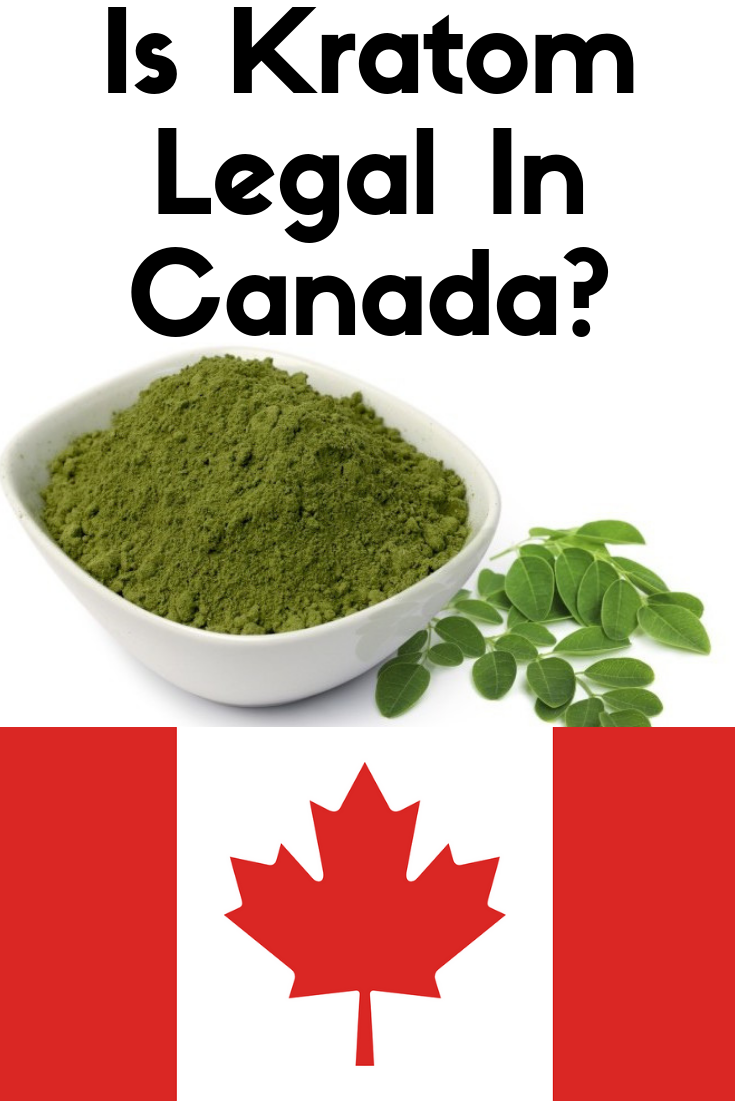As natural remedies and herbal supplements continue gaining traction worldwide, kratom remains a topic of heated debate in many countries, including Canada. Known for its pain-relieving and stimulant-like effects, kratom—derived from the leaves of the Mitragyna speciosa tree native to Southeast Asia—has sparked discussions around its legal status, safety, and use. So, the question many are asking is: is kratom legal in Canada 2025?
What Is Kratom and Why Is It Controversial?
Kratom contains active alkaloids, particularly mitragynine and 7-hydroxymitragynine, which interact with the brain’s opioid receptors. Depending on the dosage, it can act as a stimulant or a sedative. While some users claim it helps with chronic pain, anxiety, and opioid withdrawal, health authorities remain concerned about potential dependency, side effects, and lack of regulation.
These contrasting perspectives have made kratom a contentious subject among lawmakers and public health agencies.
The Legal Landscape of Kratom in Canada in 2025
As of 2025, the legal status of kratom in Canada remains complex. Is kratom legal in Canada 2025? The answer is not a simple “yes” or “no.”
Kratom is not classified as a controlled substance under the Controlled Drugs and Substances Act (CDSA). This means it is not outright illegal to possess kratom in Canada. However, Health Canada does not approve kratom for human consumption, and products containing kratom cannot legally be marketed for ingestion. It is often sold as incense, for research, or labeled “not for human consumption” to bypass regulatory issues.
Furthermore, importing, selling, or promoting kratom as a natural health product or therapeutic substance remains illegal. Vendors caught marketing kratom as safe for consumption may face legal consequences under the Food and Drugs Act.
Can You Buy Kratom in Canada in 2025?
Despite the legal grey area, kratom remains accessible in Canada through certain online and retail sources—though with significant limitations. Products are often unregulated, and the lack of oversight raises quality and safety concerns for consumers. This loophole-based access system has fueled ongoing discussions on whether Canada should fully regulate or ban kratom altogether.
Anyone asking is kratom legal in Canada 2025 should understand that while possession might not be criminal, activities involving sale, distribution, and consumption can cross legal boundaries.
Medical and Public Health Perspective
Health Canada continues to issue warnings about the potential risks associated with kratom, including liver damage, seizures, and dependency. In 2025, the agency’s stance remains cautious. Without sufficient clinical evidence supporting its benefits and long-term safety, kratom is not approved as a therapeutic or dietary product.
Moreover, kratom has not undergone the rigorous evaluations required to be recognized as a medication in Canada. This hesitancy from regulatory bodies continues to influence public access and perception.
The Future of Kratom in Canada
The future remains uncertain for kratom users and advocates in Canada. Ongoing research efforts and global attention could eventually sway lawmakers toward tighter regulation or controlled legalization. In the meantime, the public must navigate the existing legal grey zone.
Is kratom legal in Canada 2025? Technically, yes in terms of possession—but no when it comes to selling it for human consumption. As it stands, kratom remains in legal limbo.
Conclusion
For Canadians interested in kratom, 2025 continues to offer both opportunity and caution. The question “is kratom legal in Canada 2025” has a layered answer: while it’s not outright banned, significant restrictions are in place, particularly around its sale and intended use. Until new legislation or clearer regulations emerge, kratom will likely remain a controversial and closely monitored substance in the Canadian marketplace.








